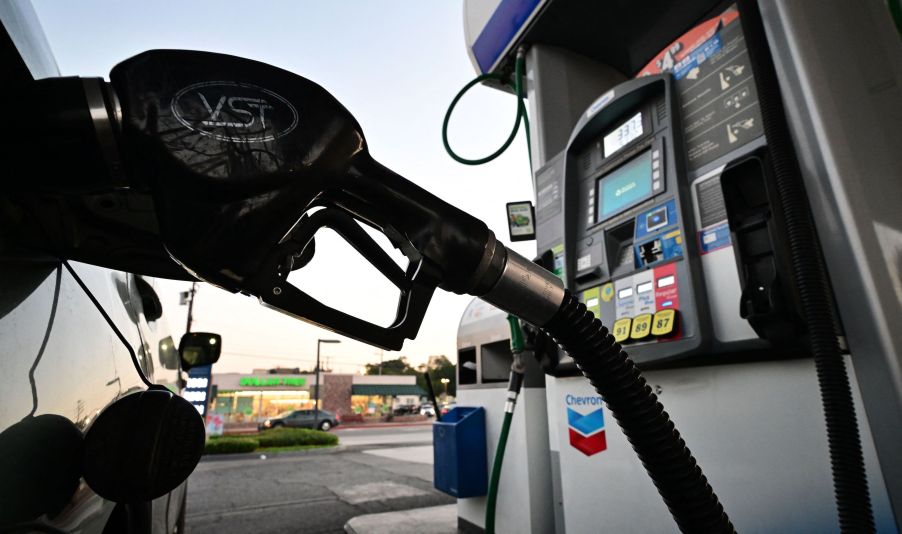
Study Shows the Cost of Premium Gas Isn’t Much More, Can Have Huge Benefits
Premium gas is a hotly debated topic amongst many average motorists. While many people think the extra cost associated with premium gasoline is a waste of money, others feel that they have to use it to keep their cars running better and cleaner. Well, much to everyone’s chagrin, the truth is somewhere in the middle. However, for certain cars, studies show that running premium gas in your car doesn’t actually cost that much more annually and can have some huge benefits.

How much does it cost to use premium gas?
Premium fuel usually costs an average of $.50 more per gallon than regular. That is no small fee, especially when gas prices get into that $3-4 range. However, MotorTrend recently tested using premium gasoline in a 2023 Mazda CX-50 turbo to see if it actually made more horsepower.
The study showed that if you drive an average of 12,000 miles a year, splitting the driving 55% in town and the rest on highway driving, the average cost of burning premium gas is $389 more than burning regular. This figure assumes that you are driving the same way no matter which fuel you burn.
Again, this is a big assumption. Remember, this study aimed to see if the Mazda CX-50 would make more power with high-test fuel. Because they did the test in California, the highest test they had readily available was 91 octane. Many other states have 93 octane or even higher. Either way, if the test is to see how much more power you can make burning different gasoline, it’s likely that you might be inclined to drive faster. The harder you put your foot down, the worse gas mileage you’ll get.
Does using premium gasoline make your car faster?
In the MotorTrend test, the 91 octane fuel added nearly 30 horsepower to the little turbocharged engine. The normal horsepower sits at 227 hp, burning 87 octane fuel. Once they added the 91 octane, the power increased to 256 hp.
While those results are pretty killer, this won’t happen with every car. Most cars are naturally aspirated, meaning the engine takes air via a normal air box or filter. Turbocharged and supercharged cars force more into the engine, which, like using bellows on fire, makes for a more violent reaction, which, in this case, makes more power. Higher-octane fuels resist knock better, allowing more boost and/or advance, hence more power and torque. Naturally aspirated engines can only advance the spark and maybe valve timing a bit.
The Penny Hoarder weighs in on the conversation by adding some insight from AAA:
“AAA’s tests reveal that there is no benefit to using premium gasoline in a vehicle that requires regular fuel,” said Megan McKernan, manager of the Automobile Club of Southern California’s Automotive Research Center, which partnered with AAA on the research.
“Premium gasoline is specifically formulated to be compatible with specific types of engine designs, and most vehicles cannot take advantage of the higher octane rating.”
Should you buy premium gas?

It really depends on the car. Most cars will tell you if they require premium gas somewhere near the gas cap. If your car doesn’t specifically call for it, then save the cash and buy regular gas. However, suppose you have a performance car that uses a turbocharger or supercharger. In that case, it might be worth looking into your specific engine to see if you might benefit from the pricier fuel.






